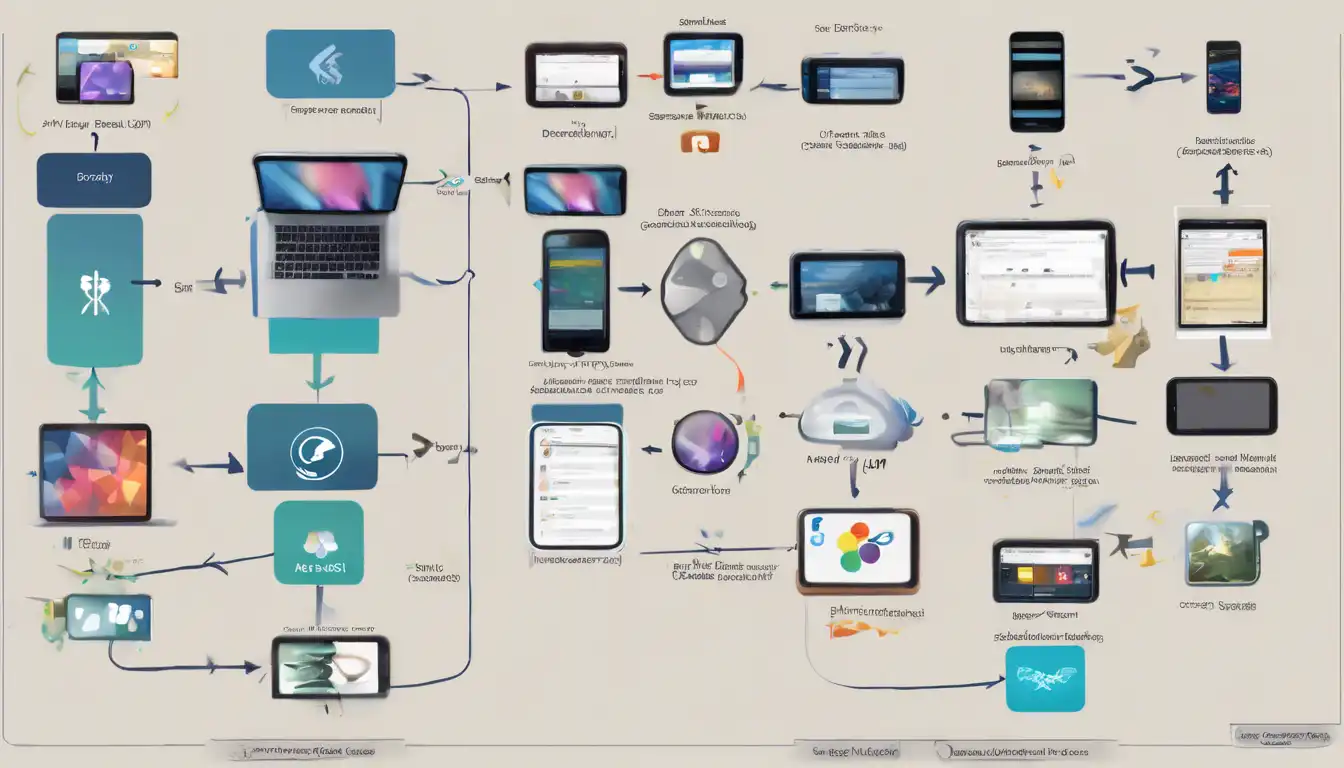Introduction to Cross-Platform Mobile Development
In today's fast-paced digital world, the demand for mobile applications is at an all-time high. Businesses and developers are constantly seeking efficient ways to build apps that run seamlessly across multiple platforms. Cross-platform mobile development tools have emerged as a game-changer, enabling the creation of apps for both Android and iOS from a single codebase. This article compares the top cross-platform mobile development tools, helping you choose the right one for your project.
Why Choose Cross-Platform Development?
Cross-platform development offers numerous benefits, including reduced development time, lower costs, and easier maintenance. By using a single codebase for multiple platforms, developers can significantly streamline the development process. Moreover, cross-platform apps can reach a wider audience, making them a preferred choice for businesses aiming to maximize their market presence.
Top Cross-Platform Mobile Development Tools
1. Flutter
Developed by Google, Flutter is a popular open-source framework for building natively compiled applications for mobile, web, and desktop from a single codebase. Its hot reload feature allows developers to see changes instantly, making the development process faster and more efficient.
2. React Native
Created by Facebook, React Native is another leading framework for cross-platform mobile development. It allows developers to build mobile apps using JavaScript and React, offering a native-like performance and user experience.
3. Xamarin
Xamarin, a Microsoft-owned framework, enables developers to build cross-platform apps using C# and .NET. It provides access to native APIs and tools, ensuring high performance and a native user experience.
4. Ionic
Ionic is a free and open-source framework for building cross-platform mobile apps using web technologies like HTML, CSS, and JavaScript. It offers a library of mobile-optimized UI components, making it easier to create visually appealing apps.
Comparing the Tools
When choosing a cross-platform mobile development tool, consider factors such as performance, development speed, community support, and the specific needs of your project. Flutter and React Native are known for their excellent performance and large communities, while Xamarin is ideal for developers familiar with C#. Ionic, on the other hand, is perfect for those who prefer web technologies.
Conclusion
Cross-platform mobile development tools have revolutionized the way apps are built, offering a cost-effective and efficient solution for reaching a broader audience. Whether you choose Flutter, React Native, Xamarin, or Ionic depends on your project requirements and expertise. By leveraging these tools, developers can create high-quality apps that deliver a seamless user experience across all platforms.
For more insights on mobile development, check out our latest article on mobile development trends.
